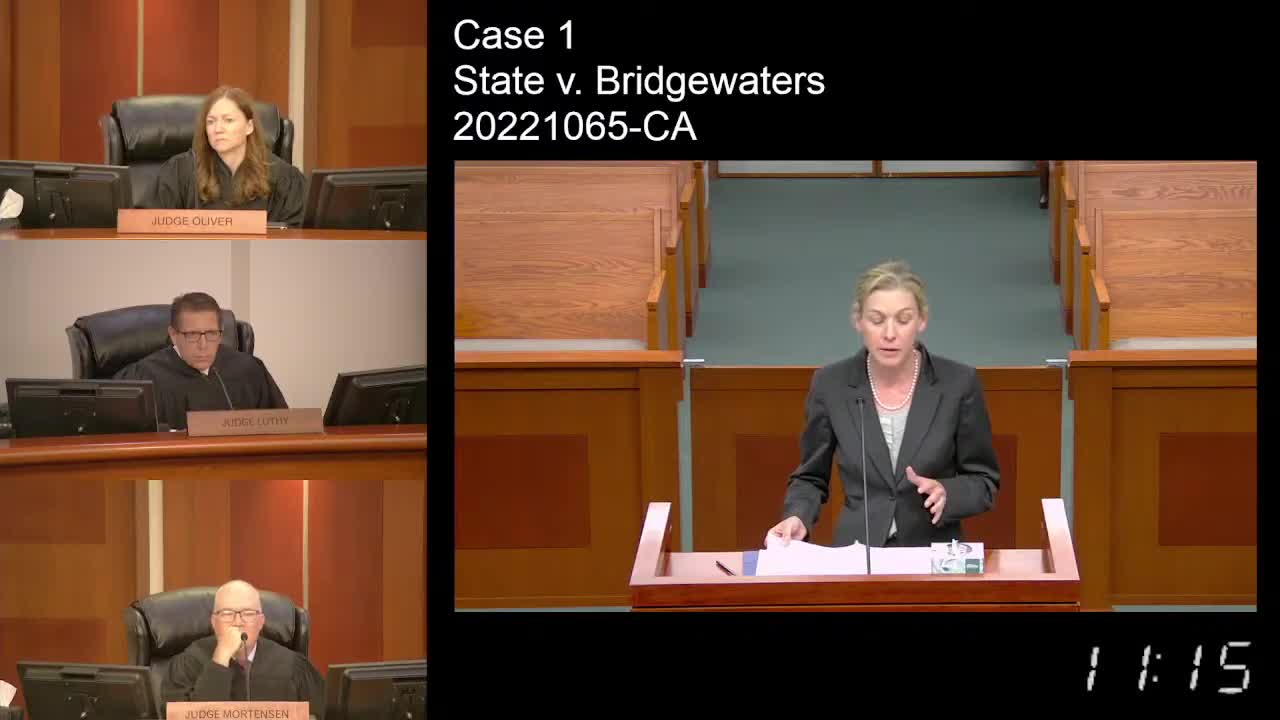Court Denies Defendant's Request to Self Represent Amid Ongoing Legal Maneuvers
August 07, 2025 | Utah Court of Appeals Live Stream, Utah Appellate Court, Utah Judicial Branch, Utah
Thanks to Excel Chiropractic and Scribe from Workplace AI , all articles about Utah are free for you to enjoy throughout 2025!

This article was created by AI using a video recording of the meeting. It summarizes the key points discussed, but for full details and context, please refer to the video of the full meeting. Link to Full Meeting
The court determined that the defendant's inconsistent behavior—alternating between wanting to represent himself and seeking new counsel—complicated the assessment of his waiver. The judges noted that the district court had the discretion to consider the entire history of the case rather than just a single moment in time. This approach was deemed necessary due to the defendant's repeated attempts to delay proceedings, which the court likened to a "Groundhog Day" scenario.
Key discussions highlighted the importance of ensuring that any waiver of counsel is made knowingly and intelligently. The court acknowledged that while the defendant had expressed a desire to self-represent, he had not done so during critical proceedings, which raised questions about the validity of his waiver. The judges emphasized that the burden of proof lies with the defendant to demonstrate that he had made a clear and informed decision to waive his right to counsel.
The court ultimately concluded that the district court acted appropriately in maintaining standby counsel for the defendant, as there was no unequivocal waiver of his right to legal representation. This ruling underscores the court's commitment to upholding defendants' rights while also ensuring that the judicial process is not unduly hindered by manipulative tactics.
As the case progresses, the implications of this ruling will likely resonate within the legal community, particularly regarding the balance between a defendant's rights and the efficient administration of justice. The court's decision serves as a reminder of the complexities involved in self-representation and the necessity for clear, consistent communication in legal proceedings.
Converted from 20221065- State v. Bridgewaters audio file meeting on August 07, 2025
Link to Full Meeting
Comments
View full meeting
This article is based on a recent meeting—watch the full video and explore the complete transcript for deeper insights into the discussion.
View full meeting

